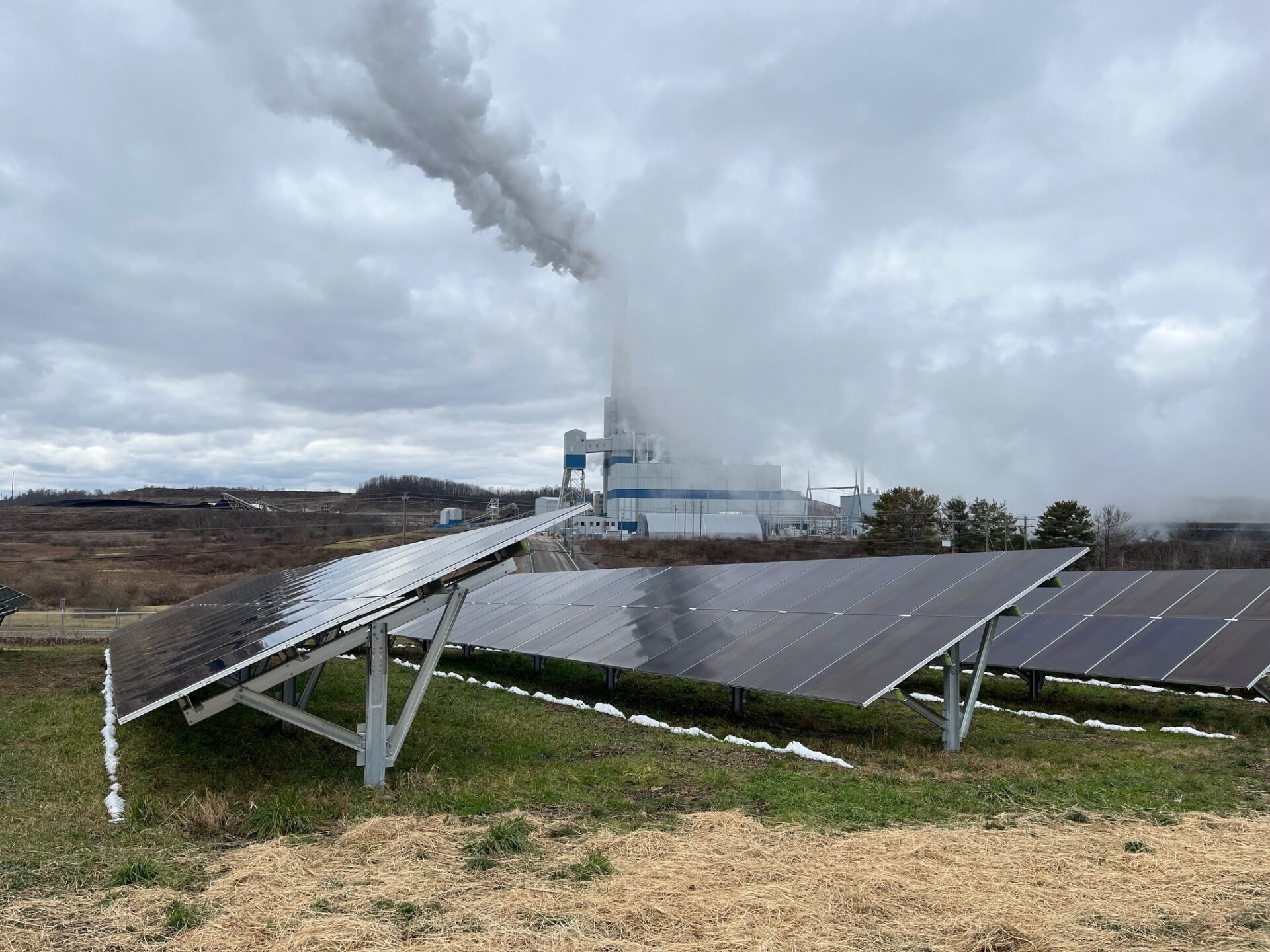The West Virginia Public Service Commission has granted an extension to Longview Power to build a natural gas plant and a solar facility in Monongalia County.
Longview Power, which operates a coal-burning plant near the Pennsylvania border, applied to the PSC in 2020 for a siting certificate to build a gas plant and solar facility.
Construction on the project was to have begun by April 2025, but Longview now says the COVID-19 pandemic that hit the US in 2020, Russia’s invasion of Ukraine in 2022 and supply chain disruptions have made that difficult to achieve.
On Tuesday, the PSC granted an extension for Longview to begin construction by April 2029 and to complete the project by April 2034.
Longview plans to build a 1,200-megawatt combined-cycle gas plant, alongside a 70-megawatt solar facility that straddles the state border.
Longview is an independent power producer that supplies electricity to the PJM regional grid.
Longview’s coal plant is adjacent to Mon Power’s Fort Martin Power Station, which includes a coal plant and a solar facility.
Mon Power’s Fort Martin solar facility began operating in January and is the state’s largest. The coal plant is scheduled to retire in 2034.
